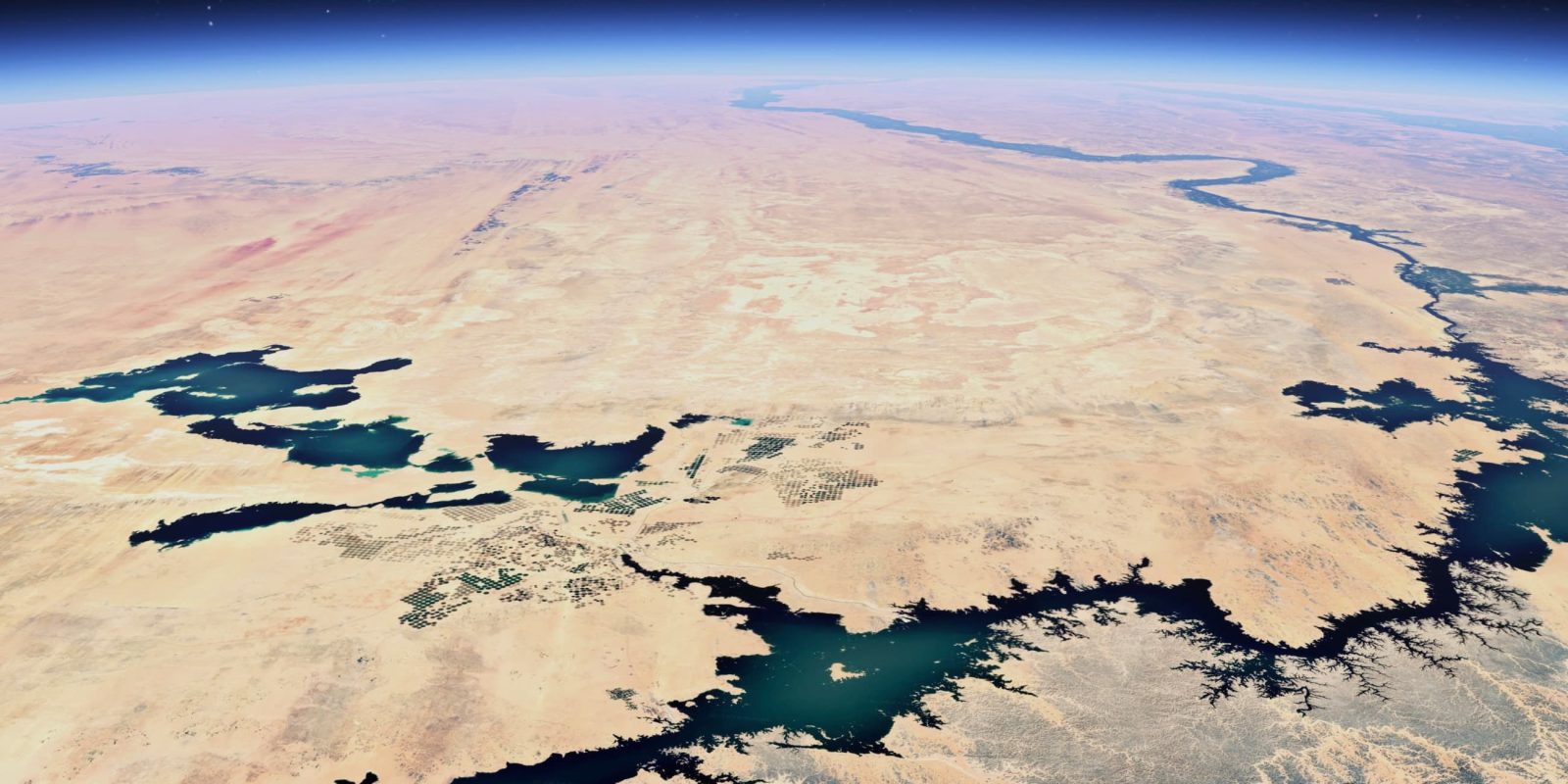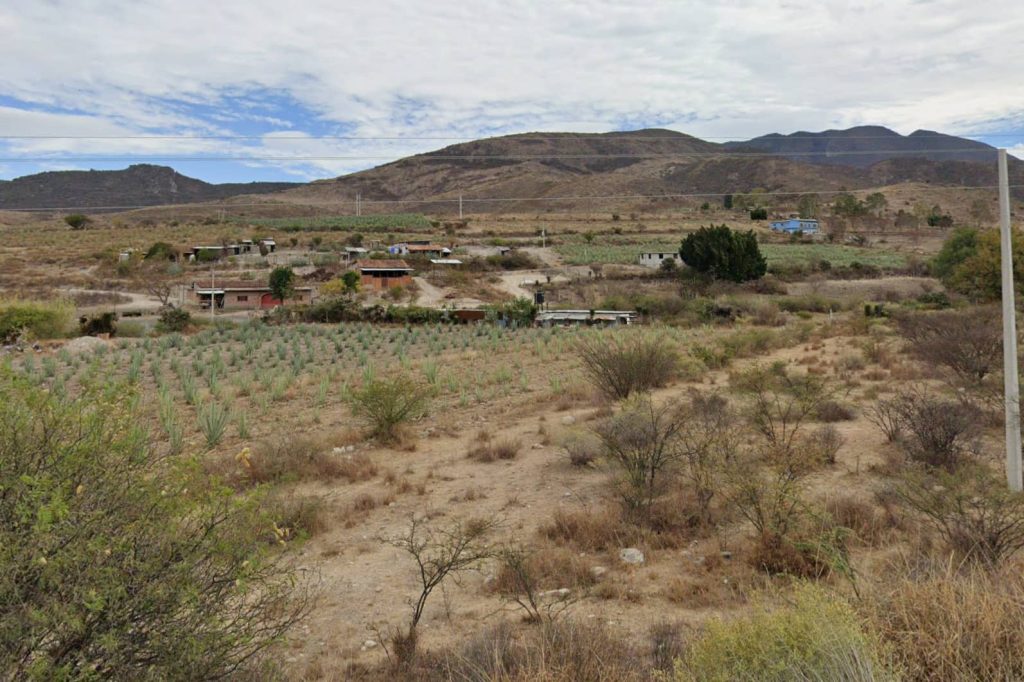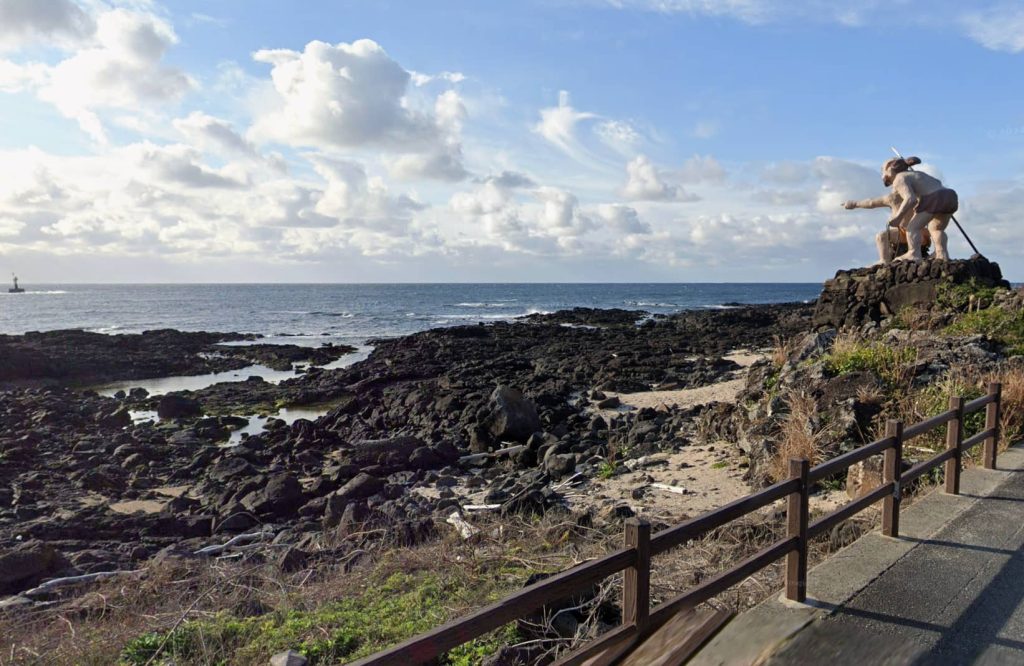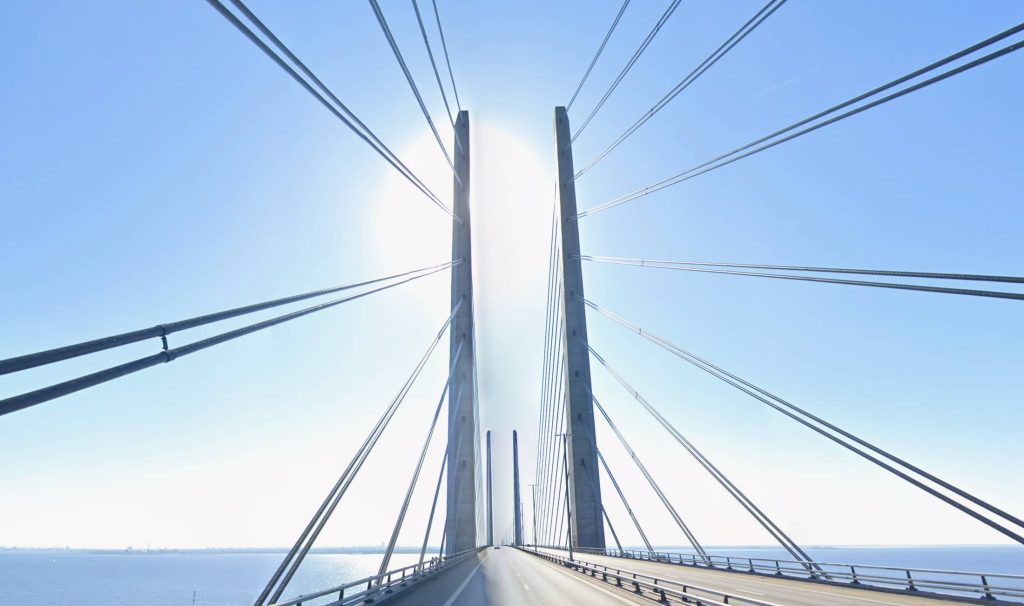
Google Maps is getting sharper satellite imagery and more Street View content, while Google Earth will soon let users access more historical imagery.
Starting this week, Google is introducing sharper satellite imagery across Maps and Earth by leveraging its Cloud Score+ AI model that can recognize and remove clouds, cloud shadows, haze, and mist. It does this without removing ice, snow, mountain shadows, and other real-world weather patterns.
This will result in a “brighter, more vibrant globe” for a “clearer, more accurate look at Earth.” The example above is a composite image with Cloud Score+ that shows Egypt’s Toshka Lakes.
Meanwhile, Google is launching “one of the biggest updates to Street View” with new imagery in nearly 80 countries.
Street View is launching in Bosnia, Namibia, Liechtenstein, and Paraguay for the first time. There will also be expanded imagery in countries like Australia, Argentina, Brazil, Costa Rica, Denmark, France, Iceland, Japan, Mexico, New Zealand, Philippines, Rwanda, Serbia, Spain, South Africa, Switzerland, and Uruguay.
Finally today, Google Earth is getting new historical (satellite and aerial) imagery, which spans up to 80 years, on web and mobile. Examples include:
“…black-and-white photo of San Francisco in 1938, taken by Oakland Airport pilots. During this period, you can see that ports were mainly used for shipping and industry — compared to the 2022 image, where you see the piers dotted with restaurants and cruise ships docked in the harbor.”
More on Google Maps:
- Google Maps update on Android Auto makes lane guidance easier to read
- Here’s how Google Maps incident reports will work on Android Auto
- Google Maps on Android Auto adds an easier ‘Add Stop’ button
- Google Maps rolling out redesigned pin shape and colors
FTC: We use income earning auto affiliate links. More.








Comments